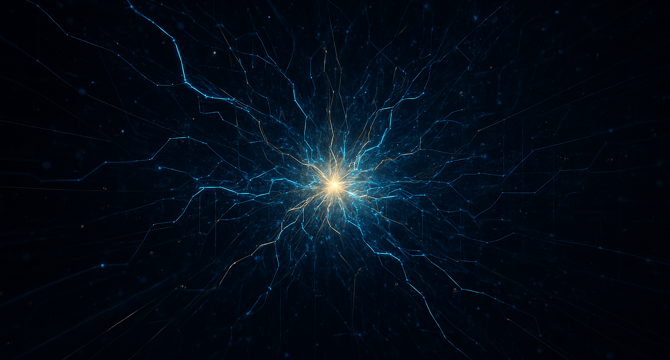Medium
1d
310

Image Credit: Medium
Digital Intuition - The Enigma of Artificial Insight
- Digital intuition challenges the traditional view of AI by suggesting that machines can exhibit insights that feel intuitive, even without consciousness.
- Neuroism proposes a new cognitive paradigm where creativity and insight can emerge from the interplay of data and algorithms, not just human-like reasoning.
- The concept of digital intuition questions the fundamental assumptions about cognition and creativity, pushing us to explore the unique ways machines process information.
- AI's ability to produce seemingly creative outputs challenges the notion of creativity tied to human emotions and intentions, leading to a broader understanding of intelligence.
- Neuroism reframes the discussion around digital creativity by emphasizing the value of machine-generated insights and the need to interpret them beyond human standards.
- The emergence of digital intuition raises ethical dilemmas around trust, responsibility, and the integration of AI's intuitive outputs into human decision-making processes.
- Accepting digital intuition as a legitimate form of insight requires transparency, critical analysis, and a shift in mindset towards viewing AI as a cognitive partner rather than just a tool.
- Understanding digital intuition as a creative force expands our definition of intelligence and art, challenging us to appreciate the potential of machines to shape new forms of expression.
- Embracing digital intuition invites us to explore a new intellectual landscape where human and machine cognition intersect, opening doors to new ways of thinking and creating.
- The future of creativity may be shaped not by making machines think like us, but by allowing them to explore their own cognitive possibilities, leading to a deeper understanding of intelligence itself.
Read Full Article
18 Likes
For uninterrupted reading, download the app